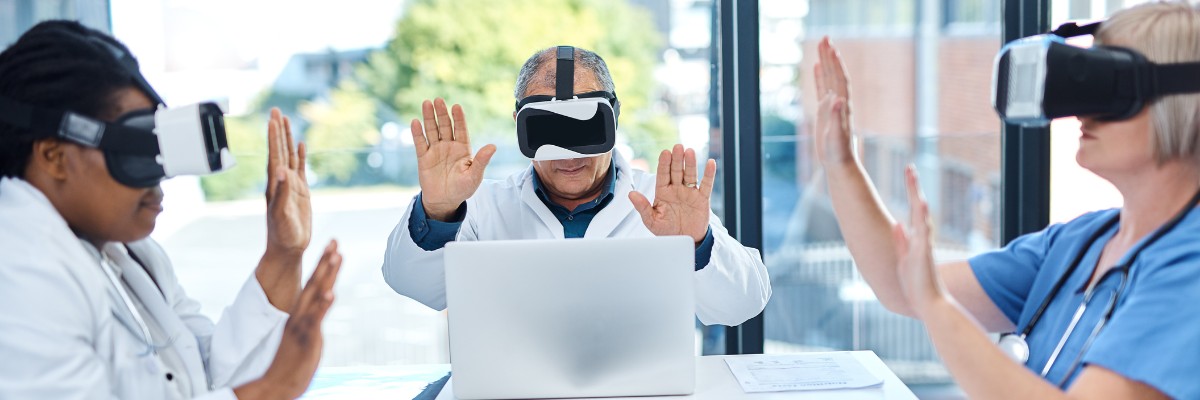Canada has long been at the forefront of medical research and innovation, with its world-class universities, cutting-edge laboratories, and exceptional healthcare system. Over the years, Canadian scientists, physicians, and researchers have made significant contributions to the field of medicine, leading to groundbreaking discoveries and advancements that have revolutionized healthcare both within the country and globally. In this article, we will explore some of the remarkable Canadian medical breakthroughs that have had a profound impact on the way we understand, diagnose, and treat diseases.
Insulin: Pioneering Treatment for Diabetes
One of the most significant medical breakthroughs in Canadian history is the discovery of insulin, a life-saving hormone for people with diabetes. In 1921, Canadian researchers Sir Frederick Banting and Charles Best successfully isolated insulin at the University of Toronto. This breakthrough treatment revolutionized the management of diabetes, saving countless lives worldwide. Insulin therapy continues to be an essential part of diabetes treatment and has paved the way for further advancements in the field.
Stem Cell Research and Regenerative Medicine
Canadian scientists have been at the forefront of stem cell research and regenerative medicine, offering promising solutions for a wide range of diseases and conditions. Dr. James Till and Dr. Ernest McCulloch, working at the Ontario Cancer Institute in the 1960s, were the first to identify and isolate stem cells. Their groundbreaking discovery laid the foundation for the development of stem cell therapies, which hold immense potential for regenerating damaged tissues and organs. Today, Canadian researchers continue to explore the therapeutic applications of stem cells, from treating spinal cord injuries to developing personalized cancer treatments.
Medical Imaging: Magnetic Resonance Imaging (MRI)
Another major Canadian medical breakthrough is the development of Magnetic Resonance Imaging (MRI), a non-invasive imaging technique that has transformed medical diagnostics. In the 1970s, Dr. Raymond Damadian, a Canadian-born physicist, invented the first MRI machine capable of producing detailed images of the human body’s internal structures. MRI has become an indispensable tool for diagnosing various conditions, including cancer, neurological disorders, and musculoskeletal injuries. Its high-resolution imaging capabilities and lack of ionizing radiation make it a safe and reliable diagnostic method.
Human Papillomavirus (HPV) Vaccine
The discovery and development of the human papillomavirus (HPV) vaccine is another significant Canadian achievement in healthcare. Dr. Diane Harper, a Canadian-born researcher, played a crucial role in the clinical trials for Gardasil, the first vaccine designed to prevent HPV infections. This breakthrough has had a tremendous impact on public health by reducing the incidence of HPV-related cancers, including cervical cancer. The vaccine has since been widely adopted globally, leading to a significant decrease in HPV infections and related diseases.
Neuroimaging and Alzheimer’s Disease Research
Canada has also made significant strides in understanding and diagnosing neurodegenerative diseases, particularly Alzheimer’s disease. Researchers at the Centre for Addiction and Mental Health in Toronto developed the Positron Emission Tomography (PET) scan, a neuroimaging technique that allows early detection of brain abnormalities associated with Alzheimer’s disease. This breakthrough has enabled earlier diagnosis, leading to better management and potential interventions. Furthermore, Canadian scientists are actively involved in ongoing research to develop novel treatments for Alzheimer’s and improve the quality of life for affected individuals.
Robotics and Minimally Invasive Surgery
In the field of surgery, Canadian medical breakthroughs have led to advancements in robotics and minimally invasive procedures. The da Vinci Surgical System, a robotic surgical platform used for minimally invasive surgeries, was developed by a Canadian company, Intuitive Surgical. This system enhances surgical precision, reduces invasiveness, and improves patient outcomes in various procedures, including prostatectomies, hysterectomies, and cardiac surgeries. The da Vinci Surgical System has revolutionized surgical practices worldwide and continues to evolve with ongoing research and development.
Conclusion
Canadian medical breakthroughs have significantly impacted the global healthcare landscape, improving patient outcomes, and revolutionizing the way diseases are diagnosed and treated. From the discovery of insulin to the development of stem cell therapies, medical imaging, vaccines, and surgical innovations, Canada has consistently demonstrated its commitment to advancing healthcare and improving the lives of people around the world. As Canadian researchers continue to push boundaries and make new discoveries, the future holds great promise for further medical breakthroughs that will continue to transform the field of medicine.

